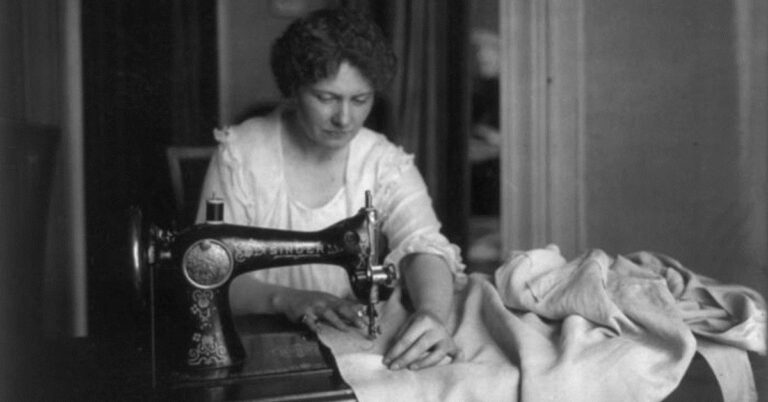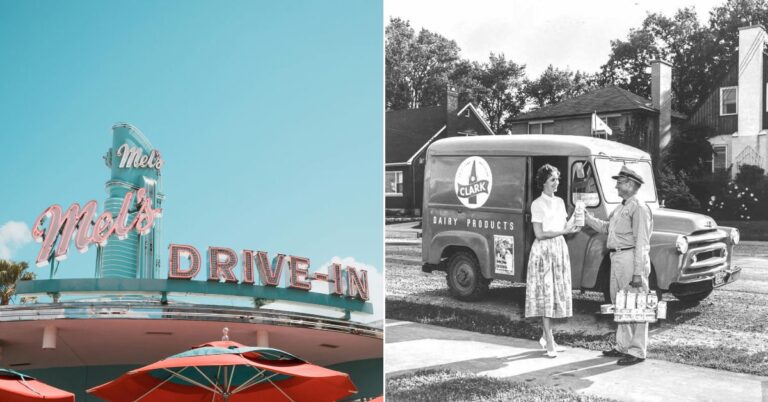5 Words Boomers Used All the Time That Don’t Mean the Same Anymore

Language evolves, and so do the meanings of everyday words. Growing up as a Baby Boomer meant using words that might leave younger generations scratching their heads. Many of these terms had completely different definitions back then, making conversations a fascinating peek into a bygone era of slang and culture.
Spam Was Dinner, Not Digital Annoyance

Spam was a salty canned meat loved (or hated) in households everywhere. It was a go-to ingredient in casseroles or sandwiches. The idea of spam as junk email would’ve seemed bizarre, as the word was firmly tied to kitchen cupboards and not inboxes.
Hardware Meant Nuts and Bolts

Before it was linked to computers, “hardware” referred to hammers, nails, and tools stacked in dusty aisles of local stores. Also, a trip to the hardware store meant fixing something physical, not troubleshooting tech. The term reflected a hands-on world where DIY repair skills were a necessity.
Mouse Was Just a Rodent

The word “mouse” once brought to mind cheese-loving critters scurrying around the house. For Boomers, there was no connection to a computer accessory. Whether it was a cartoon character or an actual pest, a “mouse” only lived in the real world, not on anyone’s desk.
A Stream Was a Babbling Brook

Back then, “streams” were more about fishing rods than Wi-Fi speeds. Boomers grew up with the word as a natural feature of the outdoors—peaceful, flowing bodies of water. Its leap to describe video and audio content delivered via the internet would have been unimaginable in their youth.
Tablet Was Medicine, Not a Screen

When Boomers heard “tablet,” it meant a pill prescribed by the doctor or something ancient historians studied. The idea of a touchscreen you could carry around would’ve sounded like a futuristic fantasy. Portable screens were pure science fiction, and tablets existed strictly in pharmacies or museums.



